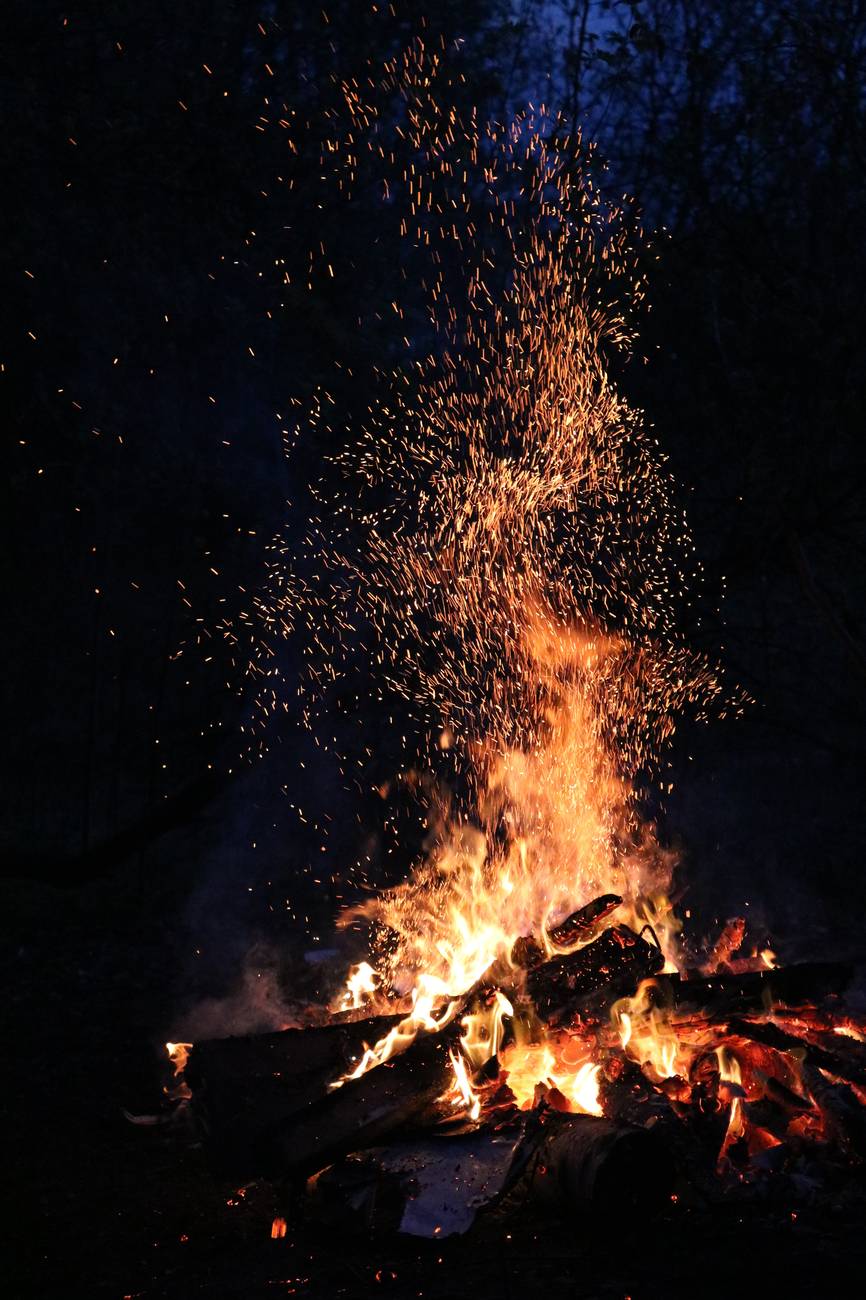- Origin: Galician Spanish, Portuguese
- Meaning: “saints.”
- Gender: unisex
- Pronunciation: SAHN-tose (Sp)
The name comes directly from the Iberian word for “saints,” since Medieval times, it was originally bestowed on children born on November 1st, the Feast of All Saints, it’s French equivalent being Toussaint. For females, the name was often used in conjunction with Maria, i.e. Maria de los Santos.
While its singular form of Santo is also used, I felt Santos deserved it’s own entry since it’s usage is specific to a Catholic Holiday.
For males, Santos has been in the U.S. Top 1000 Male Names since 1920, peaking at #539 in 1937, in 2019, he ranked in as the 966th most popular male name in the United States.
In the U.S, its use on females peaked in the 1920s, appearing in the U.S. Top 1000 Female Names between 1920-1929, peaking at #742 in 1924.
The name was borne by Confederate Colonel, Santos Benavides (1823-1891) & Mexican artist, Santos Balmori Picazo (1899-1992).
Santos is also the name of a municipality in São Paulo, Brazil.
Sources






